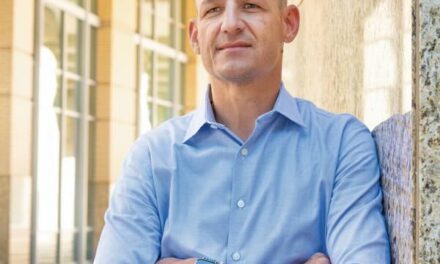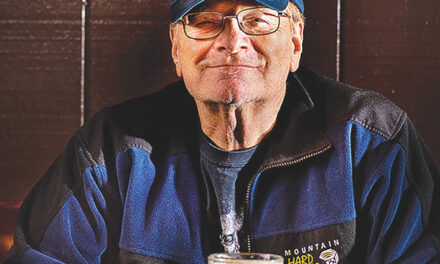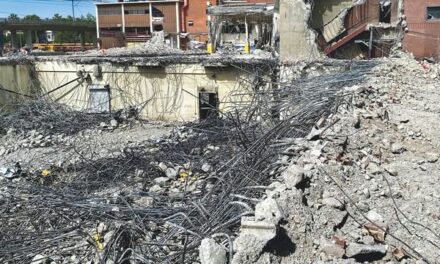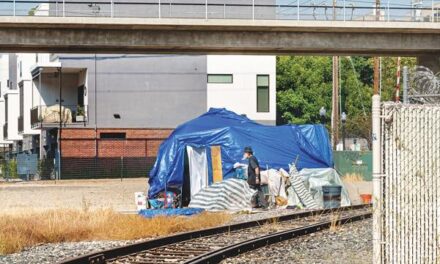Robbie Waters was the last person on City Council who called himself a Republican. He served four terms representing Pocket and Valley Hi, then finished third in the 2010 primary. Career over.
Today’s progressive City Council members may think Robbie’s conservative faith sank him. But that’s not true.
Robbie—everyone called the old homicide cop by his first name—lost because voters wanted someone new. Another problem was Robbie didn’t campaign much. He was 74 and didn’t push doorbells. He bought cable TV ads and assumed re-election was inevitable. It wasn’t.
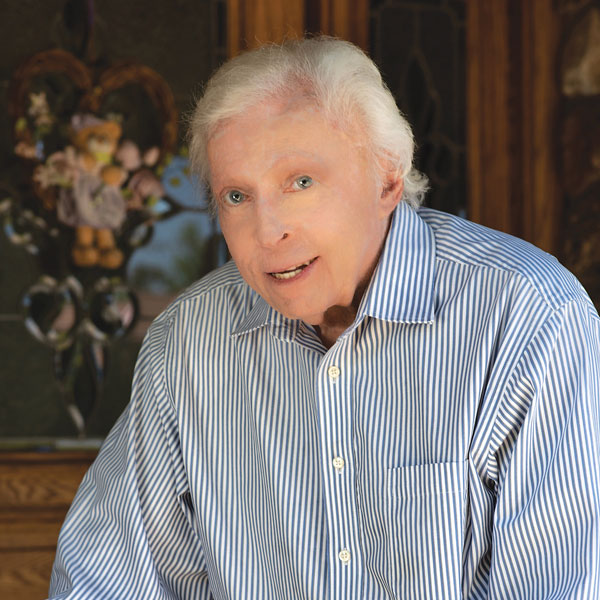
City Council elections are nonpartisan. Ballots for council and mayor don’t include political affiliations. There’s no need, because there’s just one party: Democrat, with progressive stepchildren.
A Republican doesn’t stand a chance in Sacramento. It’s a math problem. City electorate runs about 52% Democrat and 19% Republican. Around 5% belong to third parties. The rest, 24%, are undeclared, independent voters.
I mention this because the City Council seized these numbers and made bad assumptions about homelessness. The assumptions involve how much liberal Democrats will stomach before they act like conservatives.
Led by Mayor Darrell Steinberg, the City Council thinks there’s no limit to the pain liberal residents will take.
For years, the mayor and council followed a “see no evil” approach to homeless camps. Tents spread from the American River Parkway and 12th Street to X Street and Broadway, freeway underpasses and Downtown sidewalks.
Homeless people commandeered public spaces with tents, bicycles, shopping carts and suitcases. They turned residential streets into junkyards, drug markets and fire hazards.
The assumption by Steinberg and colleagues was that since city residents are mostly Democrats, they accept homeless camps and mayhem. The assumption presumes residents are consumed by internal guilt over their own comfort and success.
Steinberg and friends are wrong. Homeless camps near Land Park, East Sacramento and Midtown generate natural responses from reasonable people who pay taxes, mortgages and rent. They want the streets cleaned up.
Frustrated residents aren’t cruel or insensitive. They believe drug addiction, mental illness and poverty are systemic, societal problems. They know tent cities are inexcusable, emblematic of failed leadership.
Residents are shocked to see city leaders condone camping, drugs, violence and crime.
Over the years, Steinberg and the City Council became good at deflection. After running on a promise to end homelessness in 2016, Steinberg squandered seven years. He complained there wasn’t enough money. He said homelessness was a state and county problem.
In 2018, the 9th U.S. Circuit Court of Appeals issued Martin v. Boise, which cautioned cities against arresting certain campers without alternative shelter space. Martin offered methods to move homeless people, but Steinberg and the City Council pounced on the ruling as an excuse to duck responsibility.
When the pandemic arrived in 2020, state health authorities told cities to avoid disrupting homeless camps. Another excuse. Camps metastasized. With residents working from home, the mayor and council assumed nobody would care.
Residents did care. They voted for Measure O, a poorly written initiative to provide minimum numbers of shelter beds. Steinberg promised the measure would “clean up our neighborhoods.” It didn’t.
Residents cheered a city ordinance to require minimal sidewalk clearances. The ordinance passed last fall. Minimal enforcement.
This summer, Steinberg and the City Council ordered City Manager Howard Chan to improve aesthetics and create new homeless camps out of public view. The camps are called “safe ground.” Improvement, but not much. Sacramento remains California’s homeless capital.
Into this void of bad assumptions marched District Attorney Thien Ho. He sued the city, demanding not money but enforcement of rules. Ho cited 14 camps that terrorize neighbors. He reduced seven years of failure to one sentence: “The city routinely informed the victims that nothing can be done.”
Robbie Waters, the last Republican, isn’t around to see what happened to his hometown. He died from COVID in 2020.
If a youthful Robbie could return, I’m sure he’d run for City Council again. Maybe even win. He never worried about party affiliations. Like Ho, Robbie knew compassionate people want safe, clean streets. Not assumptions.
R.E. Graswich can be reached at regraswich@icloud.com. Follow us on Facebook, Twitter and Instagram: @insidesacramento.



